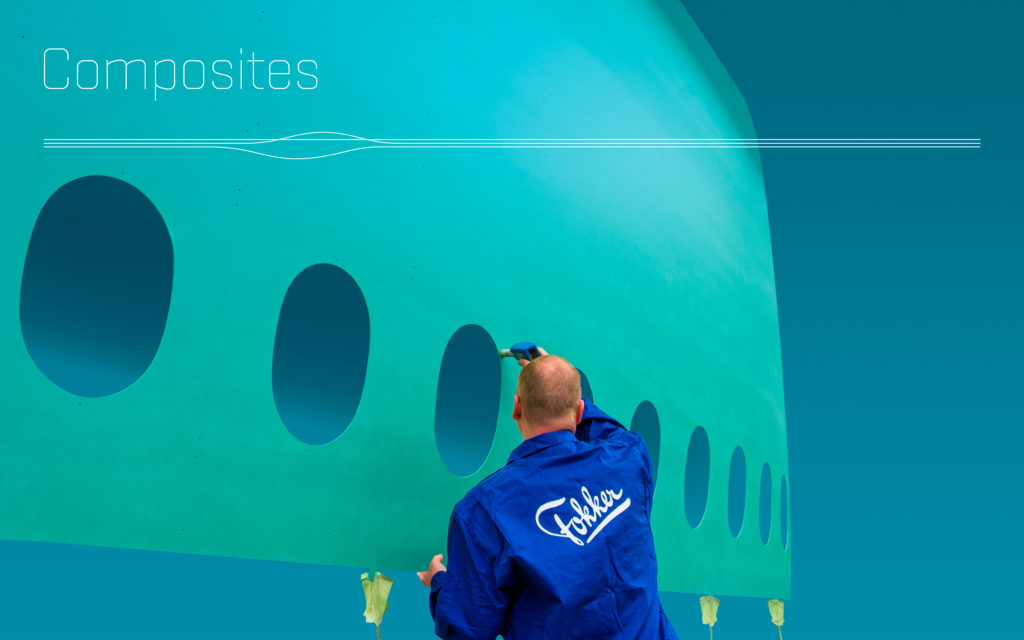
This cluster focuses on composite materials which refer to materials that are made of more than one material. They offer the possibility of engineering tailored materials and hybrid structures benefiting from properties of different constituents. These materials are applied to a wide range of structures in the transport and construction sector.
The projects that fall under this cluster are on novel composite materials, such as lightweight fiber reinforced polymers, but also concrete which, in definition, is a combination of different materials. Projects on the constituents of composite materials such as polymers and fillers also fall under this cluster. Studies typically focus on material development, manufacturing technologies, design and performance aspects.
ENLIGHTEN: Enabling Integrated Lightweight Structures In High Volumes
Thermoplastic composites allow for rapid and clean processing as well as effective recycling. While manufacturing of individual parts is at a proper level of maturity, integration and assembly of these parts is far less well developed.
ENLIGHTEN aims to break this barrier by an integrated approach to fusion bonding, combining process and performance optimization by physical simulations and process monitoring and control using artificial intelligence.

This Perspectief project is subsidized by NWO. There are 19 industrial and 6 other partners providing the additional support. The budget will be used to finance 13 PhDs, 1 PDEng and 2 Researchers in U Twente, TUD, TU/e, Warwick, HAN and Saxion.
Stabilized gypsum : from waste to resource
Stabilized gypsum, generated form a neutralization process by mixing sulphuric acid with Municipal Solid Waste Incineration contaminated fly ash, is a hazardous inorganic waste with untapped potential. The current project deals with the characterization of the resulting material, and to propose treatment and reuse options in order to avoid its landfilling. These newly designed materials will be tested and compared to commercially available materials.
The project has 3 main goals. The first is to conduct a chemical characterization, including elemental and mineralogical composition, of the contaminated gypsum and assess its leaching of contaminants according t the environmental protection legislation. The replacement of cement in cement-based mixtures can be limited by the leaching of the material and the total binding capacity of contaminants by the chosen cement. A second goal is to design cement- or gypsum- based mixtures incorporating the product, with an intermediate treatment step, if needed. A theoretical calculation based on the results of the characterization and the chloride binding capacity know-how of the group will be made before designing cement-based mixtures. The third goal is to experimentally prove the performance of the designed mixtures and their compliance with environmental legislation.
The final ambition of this project is to successfully utilize the stabilized gypsum in cement or gypsum-based materials in order to give it a sustainable second life and reduce its landfilling. For this, a detailed chemical, physical and environmental analysis of the product will be used to propose a more generalized solution for the circular use of gypsum-based waste materials in the Dutch construction industry.
This project started in January 2023 and 1 PhD student in TU Eindhoven will execute the research.
Contact information Cluster Composites
For more information about our Composites Cluster, please contact Bilim Atli-Veltin.